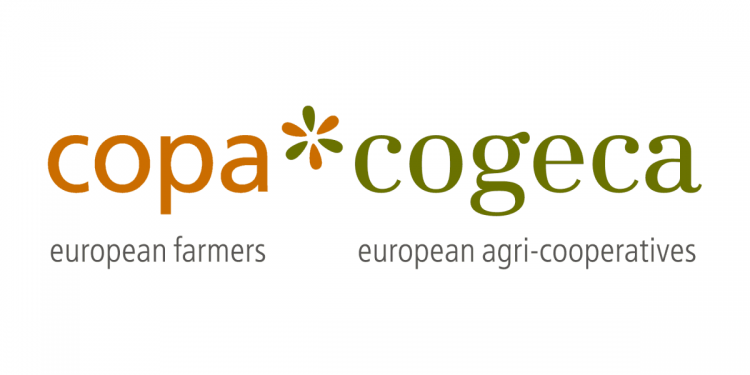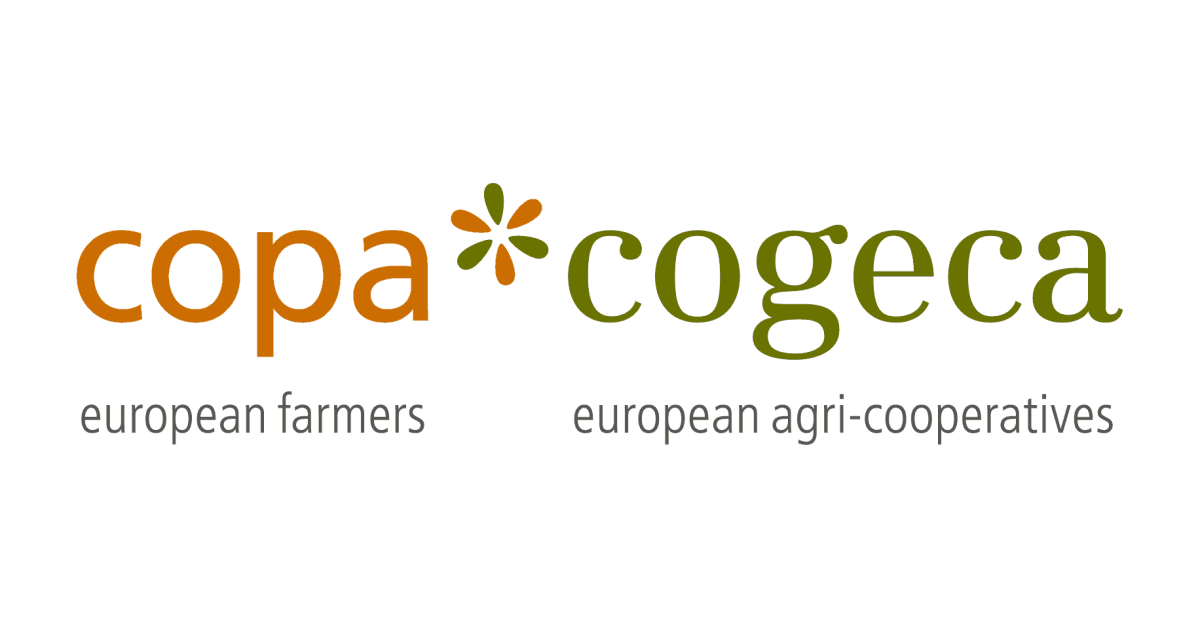On 29 and 30 March 2023, the European Parliament, the Commission and the Council reached an agreement on the revision of the Renewable Energy Directive (REDIII). The outcome of the RED III negotiations is seen as an acceptable compromise for the EU farming community.
As the primary sector is key for renewable energy production, Copa and Cogeca welcome the increase of targets set in trilogue for 2030. The overall renewable energy target will shift from 32 to 42.5%, the binding target of renewables in transport from 14 to 29%, the GHG intensity reduction target from 6 to 14.5% and the sub-target for advanced biofuels is set at 5.5% in the final compromise found.
Among the positive outcomes, Copa and Cogeca welcome the accelerated phasing out of palm oil in crop-based biofuels. Sustainable crop-based biofuels remain the main source of renewable energy in transport and cannot be ignored. They are part of a value chain that generates protein-rich co-products, which can be diverted towards food production or animal feed in case of shortages.
Some important improvements were also made compared to the European Parliament’s position on the aspects linked to the forest biomass. There will be no secondary legislation mandating the cascading use of biomass. We welcome the fact that the provisional agreement covers a more balanced approach that takes into account national specificities. Sill, some provisions remain very challenging and will have an impact on sustainable forest management practices leading to additional costs and burdens for forest owners.
Artigo publicado originalmente em Copa Cogeca.





















































Discussão sobre este post